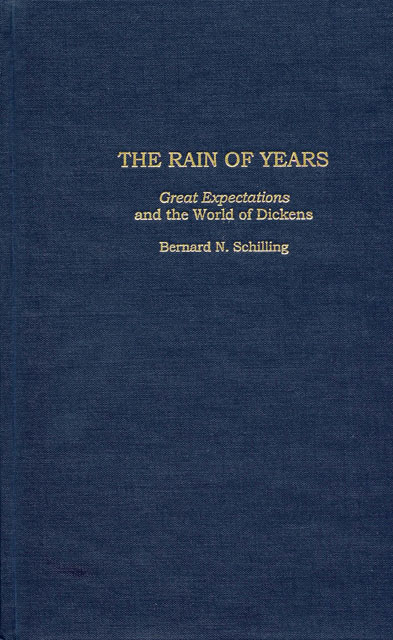1 - Of Things Eternal
Published online by Cambridge University Press: 17 March 2023
Summary
ALTHOUGH DICKENS HAS NO DECLARED PLAN FOR THE WHOLE, it is clear that his fictional world overlaps the installments in which it was written, just as he overlapped parts of any single work to bring it into unity.With three phases of publication—serial, novel, and collected works—the flow of meaning is from single chapters, to volumes, to the final whole. He thus connects the individual works together and greatly enlarges their implications. Stock characters, incidents, situations, kinds of people are repeated to form an atmosphere, a fictional quality to which we give the name “Dickensian.”
Further, Dickens controls and orders his work by coincidence, by the meeting of unlikely elements and connections from the past, which becomes more effective as a unifying force than simple probability. Dickens keeps the physical geography of his world relatively small, the action tending to center upon two main localities, London and country. There emerges a present world, narrow and intensified by minute description, easily grasped, as the world of a given reader seems small in the same way and for the same reasons. Movement is facile and constant, much journeying with Dickens's beloved coach in restless use, much departing and arriving, greeting and farewell, going back and forth between London and the country, the whole accompanied by movements abstract or mental in the form of change within the characters, coming at last to resemble the human experience of life as it is in fact lived.
Since Dickens tends to rely on certain materials proper to the term “Dickensian,” an individual work like Great Expectations gains in power when seen as typical of the whole and when read as the culmination of a characteristic repetitive process. Our choices among many possibilities will be different as called for by concentration on a single work, rather than by a general survey, but let us see what follows if we pursue lines suggested by the phrases “of things eternal” and “the human scene.” Dickens then creates, from a base of the eternal, what is ever there outside of time and distance from the life of man: the order of Nature itself, the coming and end of day, the sun and moon, the elements of wind, rain and mist, the river and the sea, whose permanence contrasts with and comments upon the transient life of man playing out its scene in this world.
- Type
- Chapter
- Information
- Rain of YearsGreat Expectations and the World of Dickens, pp. 1 - 24Publisher: Boydell & BrewerPrint publication year: 2001

